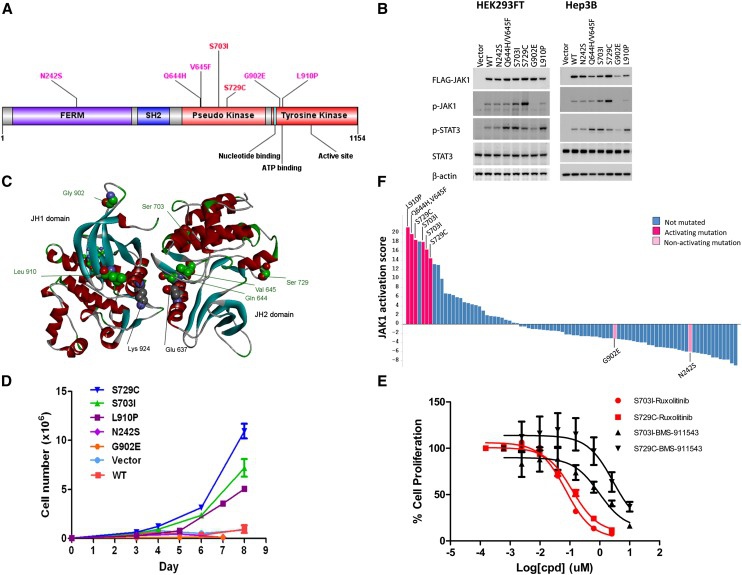Whole-genome Sequencing Identifies Recurrent Mutations in Hepatocellular Carcinoma
23-09-2013
Genome Res. 2013 Sep;23(9):1422-33.
doi: 10.1101/gr.154492.113. Epub 2013 Jun 20.
doi: 10.1101/gr.154492.113. Epub 2013 Jun 20.
Hepatocellular carcinoma (HCC) is one of the most deadly cancers worldwide and has no effective treatment, yet the molecular basis of hepatocarcinogenesis remains largely unknown. Here we report findings from a whole-genome sequencing (WGS) study of 88 matched HCC tumor/normal pairs, 81 of which are Hepatitis B virus (HBV) positive, seeking to identify genetically altered genes and pathways implicated in HBV-associated HCC. We find beta-catenin to be the most frequently mutated oncogene (15.9%) and TP53 the most frequently mutated tumor suppressor (35.2%). The Wnt/beta-catenin and JAK/STAT pathways, altered in 62.5% and 45.5% of cases, respectively, are likely to act as two major oncogenic drivers in HCC. This study also identifies several prevalent and potentially actionable mutations, including activating mutations of Janus kinase 1 (JAK1), in 9.1% of patients and provides a path toward therapeutic intervention of the disease
Location: Seattle | Hong Kong | Guangzhou | Sydney | Singapore
Copyright©2023 Arbele All Rights Reserved.

